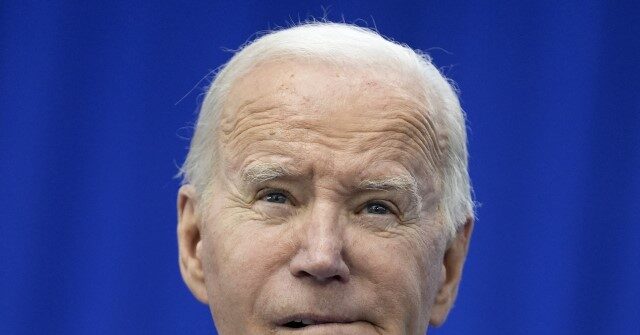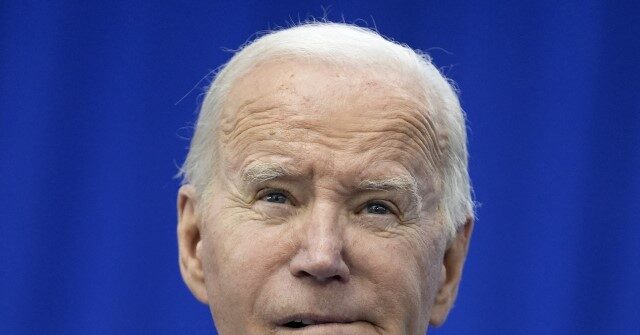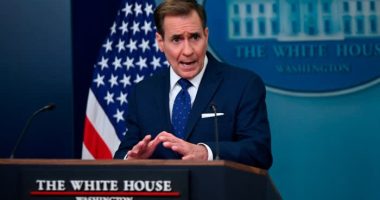
The consumer price index rose 0.4 percent in March compared with the previous month. Compared with 12 months earlier, the headline index is up 3.5 percent.
Economists had forecast a 0.3 percent increase in the month-t0-month figure and a 3.4 percent rise over 12 months.
Core inflation, which excludes food and energy, rose 0.4 percent for the month, matching the prior month and higher than the 0.3 percent expected. Compared with a year ago, core inflation is up 3.8 percent, also beating expectations and matching the February figure.
When the consumer price index jumped higher in January, many analysts said it was likely a seasonal anomaly and forecast inflation would soon start falling again. After three months of hotter-than-expected inflation, that is no longer a plausible interpretation. Over the last three months, core inflation has risen at a 4.6 percent annual rate. That is the highest three-month annualized inflation for any period between August 1991 and 2020, according to Harvard economist Jason Furman.
Consumer inflation hit its recent peak of 9.2 percent in June of 2022 and has since retreated as the Federal Reserve raised interest rates at a record pace and the Biden administration’s spending was reined in by lawmakers worried about extraordinarily large budget deficits. The unsnarling of supply chains has been a major disinflationary force in the prices of goods.
The Federal Reserve has said that it is looking for data to give it more confidence that inflation is coming down to two percent. The rise of inflation in February casts doubt on the idea that the pace of price increases will continue to decline. The data make it more likely that Fed officials will hold off on cutting rates until this summer and possibly longer.
Prior to the release of the data on Wednesday, the market was pricing in around a 60 percent chance of an interest rate cut at the Fed’s June meeting.
Despite the expiration of the pandemic stimulus and the Biden administration’s post-pandemic spending spree through the American Rescue Plan and the Inflation Reduction Act, the federal government has continued to run very large budget deficits. This very expansive fiscal policy has likely undermined a good deal of the effect of higher interest rates, keeping inflation elevated
Read More: World News | Entertainment News | Celeb News
Breitbart








